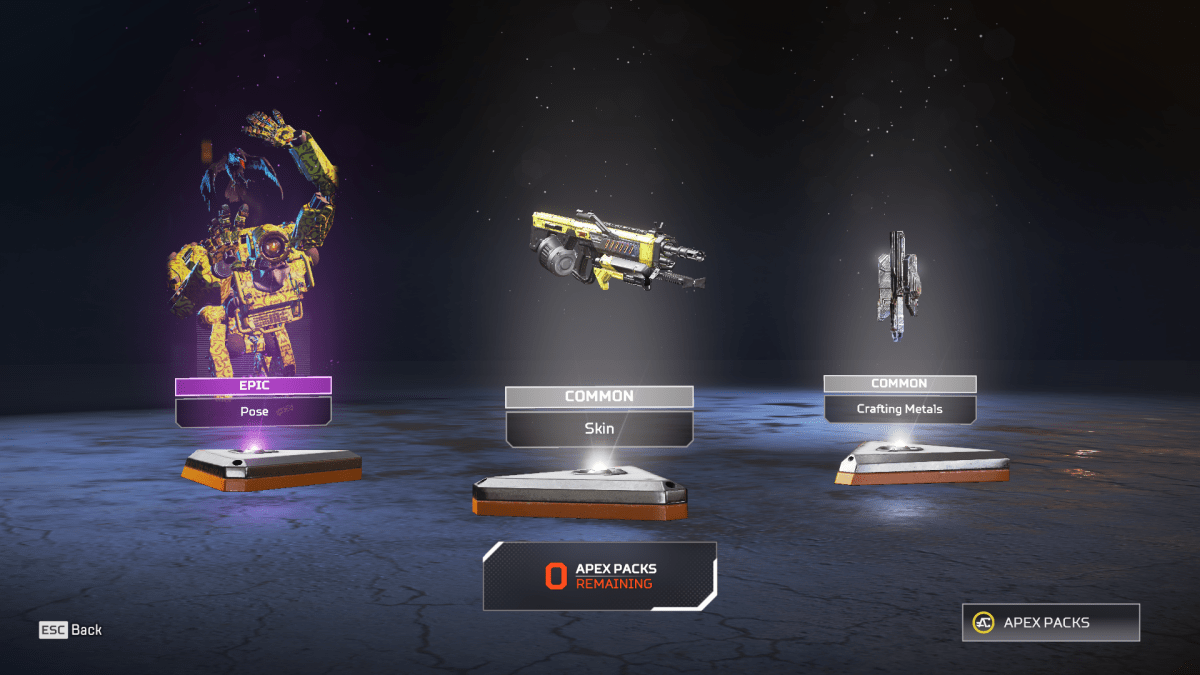The Association for U.K. Interactive Entertainment (Ukie) has come up with 11 new recommendations surrounding loot boxes in video games and the industry has been advised to follow them.
The games industry in the U.K. has been advised to work with the government and relevant stakeholders to implement the new principles approved by a Technical Working Group in up to 12 months. This group was convened by the Department for Culture, Media, and Sport (DCMS), but the government isn’t getting directly involved just yet. The industry is attempting to self-regulate itself, instead.
Without further ado, here are the most important recommendations made by Ukie and how they can affect your favorite games.
How the U.K. principles for loot boxes can change the games industry
As we said, there are a total of 11 new guidelines that the games industry in the U.K. has been advised to follow. These recommendations are all related to the use of loot boxes in games and how the industry can be more transparent to customers.
Ukie wants the industry to effectively restrict minors (people under the age of 18 in the U.K.) from buying loot boxes without the consent or knowledge of a parent, carer, or guardian. If a parent, carer, or guardian finds out that a minor bought a loot box without consent, the companies have to offer a clearer path for them to refund that money.
The trade association also recommends the games industry let players know they’re purchasing or downloading a game that contains loot boxes and disclose the exact probability of loot boxes with accessible and simple information. The loot boxes should promote “fair and responsible play,” too, according to the new guidelines. Ukie also advised developers to tackle unauthorized external sales for real money of items that are found in paid loot boxes and invest in IP protection.
Related: New UK guidelines pressure big game developers for higher transparency on loot boxes
How these loot boxes guidelines could affect your experience
Some of the most popular games in the world employ paid loot boxes for a direct advantage or cosmetics. Here are some of them.
- FIFA: Players can buy loot boxes in Ultimate Team with real money to try to get high-rated cards.
- CS:GO: Players can buy loot boxes in an attempt to get skins. They can also open loot boxes on third-party websites or buy skins.
- Pokémon Go: This title features paid loot boxes with no probability shown. Niantic also doesn’t disclose the odds of getting a Shiny Pokémon.
- Apex Legends: Players open Apex Packs to try getting an Heirloom weapon or Prestige skin.
If the Ukie recommendations are followed, players would have more transparency before buying loot boxes and their content would be kept inside of the games and not on third-party websites as well. Loot boxes have been compared to unregulated online gambling over the years after they rose in popularity, hence why Ukie is likely pushing for this in the U.K.
It remains to be seen, though, if the games industry will follow these recommendations. There’s a possibility the U.K. government gets directly involved if the principles are ignored and it could start making laws to force the games industry to change how loot boxes work.

